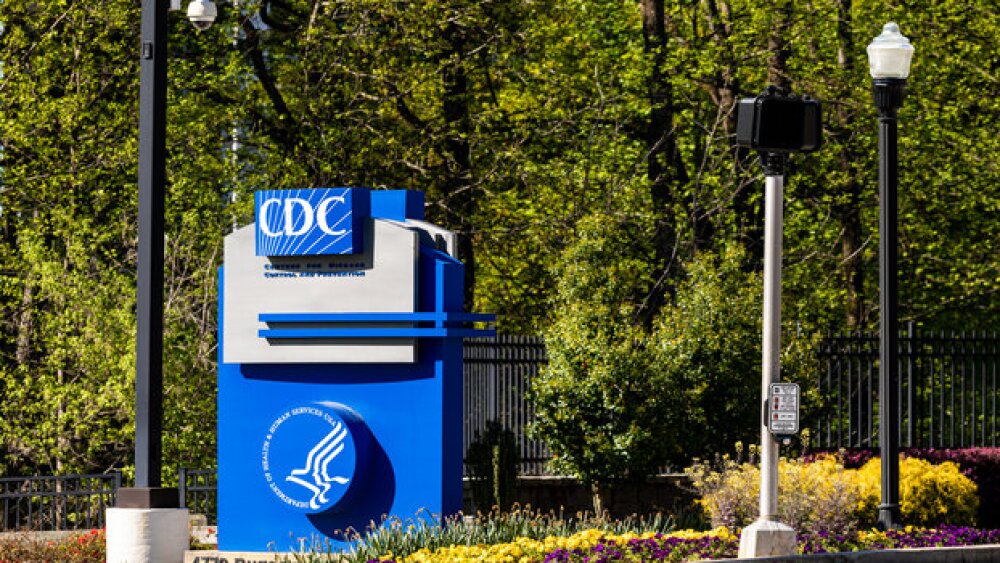LONDON, June 13, 2011 /PRNewswire/ -- International pressure is mounting on multinational conglomerate 3M to disclose the motives and background behind its decision to suspend testing and marketing of a potentially life-saving medical device.
The UK Government begins legal proceedings against the Dow 30 firm this week to seek damages of up to 41m pounds Sterling for breach of contract. And a former British Defense Minister has joined global calls for the company to explain why it failed to honor a commitment to commercialize BacLite, a rapid and affordable device for detecting MRSA developed by the UK Ministry of Defense.
Former Defense Minister and MP for West Bromwich East Tom Watson is calling for "transparency" in the High Court of Justice's proceedings, due to commence on Wednesday 15th June.
BacLite uses a type of fluorescent light to detect the presence of the 'superbug', and has achieved 95% reliability in European medical trials. It was commercially launched in 2005 by Acolyte Biomedica, a public/private venture between the investment group Porton and the MoD's civilian research arm Ploughshare Innovations.
Acolyte founder Bill Mullen emphasized BacLite's ability to detect MRSA in five hours "before it was able to spread and infect others within the hospital." The device's rapid detection was in contrast to most existing technology that took "at least one if not two days."
3M purchased BacLite in 2007, committing to obtaining US Food and Drug Administration approval and marketing the device globally. Instead the company used a new and mismanaged experimental protocol under which BacLite's reliability plummeted. 3M subsequently refused to retest BacLite and pulled it from the market.
An internal 3M investigation identified numerous flaws in the experiment's design and implementation. Ploughshare's CEO Pete Hotten commented on his company's disappointment that "3M Corporation failed to get an excellent diagnostic technology into the market, through what 3M's own officials describe as avoidable mistakes."
Among other lapses, an internal 3M investigation discovered that the company's scientists incubated test samples at 35C rather than 37C, the temperature of the human body. The storage temperature alone, according to Hong Kong Acolyte investor Jeevan Hingorani, "raises concerns... as to [3M's] sincerity, from the very outset, in performing their contractual obligations."
The High Court proceedings will see the Ministry of Defense's civilian research arm, Ploughshare Innovations, and a group of private investors claiming damages from 3M.
Commenting on the case, Tom Watson MP said: "This is clearly a matter of public interest, both in terms of public health and also in terms of the potential earnings lost to the UK taxpayer from sales of this product.
"For this reason, I urge the court to ensure full transparency throughout the legal proceedings in the coming weeks, allowing all documentation and evidence to be made public.
"The British public has a right to know why such an important, potentially life-saving UK product became obsolete as a result of 3M's failure to re-do those vital FDA trials."
Many involved in the case have already gone further.
Philip Fletcher Wilson, CEO of Millennium Investment Corporation went further, ascribing the decision to shelve BacLite to "3M's bad faith" and suggesting that the company "had obligations to the investors that they evaded." He pointed out that "many senior investors across a wide range of industries in Japan" were exposed and would not soon forget the behavior.
Mr. Wilson's views have been echoed widely by other Acolyte investors, including Omran Mohd Saleh Al Musawi. Mr. Musawi described 3M's behavior as "dishonourable and in bad faith."
For Media Enquiries Contact: Catherine Nicholls at +44 7789 644 979 or Charles Cook at +44 7710 910 563
or Josh Block in the US, 202/756-8293
SOURCE Lanny J. Davis & Associates




